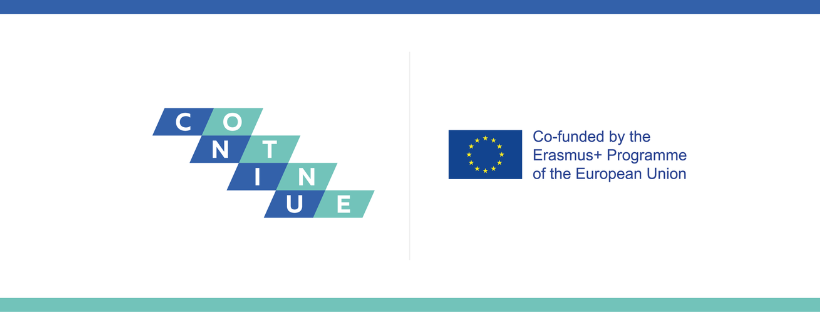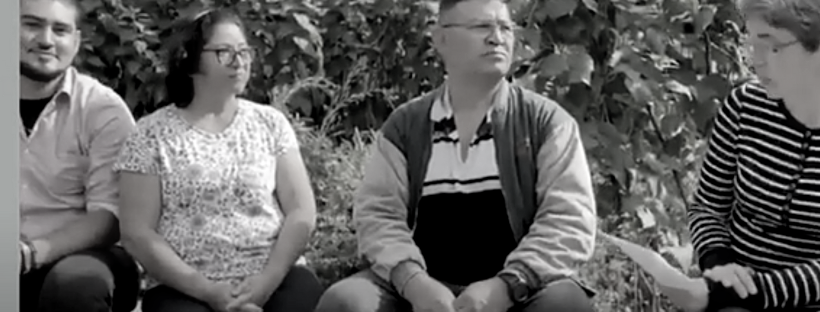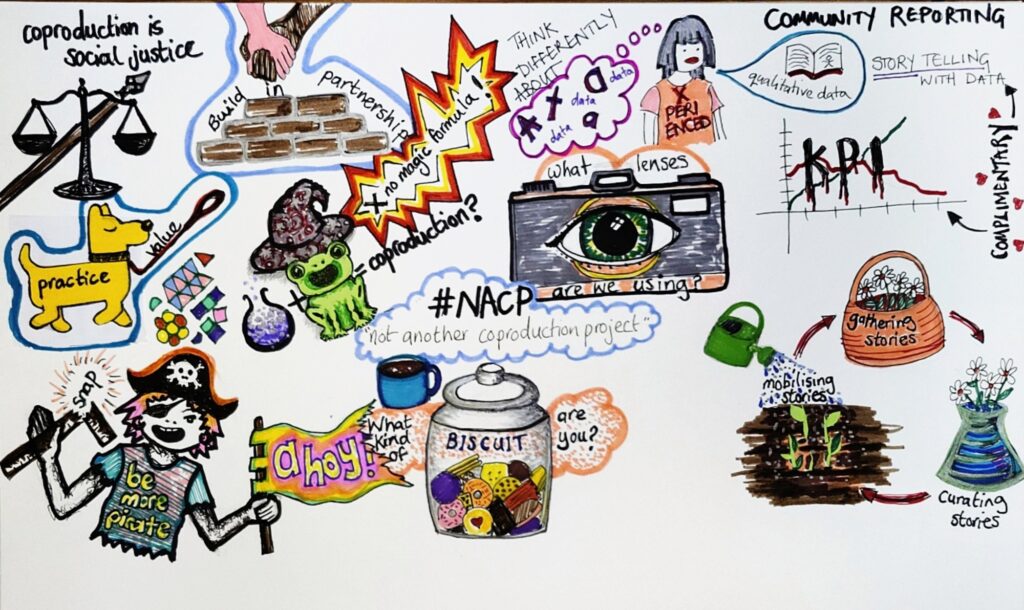CONTINUE REACH OUT CAMPAIGN TRAINING IN COPENHAGEN

In late October, we sent a Debbie and Alice – a youth worker and a young person respectively – from Gorse Hill Studios, Greater Manchester, to Copenhagen, Denmark for a training session hosted by our CONTINUE project partners, Crossing Borders.
The training was for one of the final stages of the CONTINUE project: the Reach Out Campaign. This is designed so that the young people who have co-created the project so far can disseminate their findings and begin to pave the way for the changes the project will be recommending.
The workshops delivered essential training on how to go viral by Alex Sabour, founder and CEO of Gorilla, and how to make short form content by TikTok creator, Tom Hyland. In the next stages, Crossing Borders will be producing guidelines for the Reach Out campaign and Debbie and Alice – along with their counterparts across Europe – will be training their peers and delivering their campaigns… We can’t wait!
Also upcoming in December will be our published policy and practice briefings, co-created by everyone who has participated in CONTINUE – including in our recent pan-European knowledge exchange event. Watch this space.




